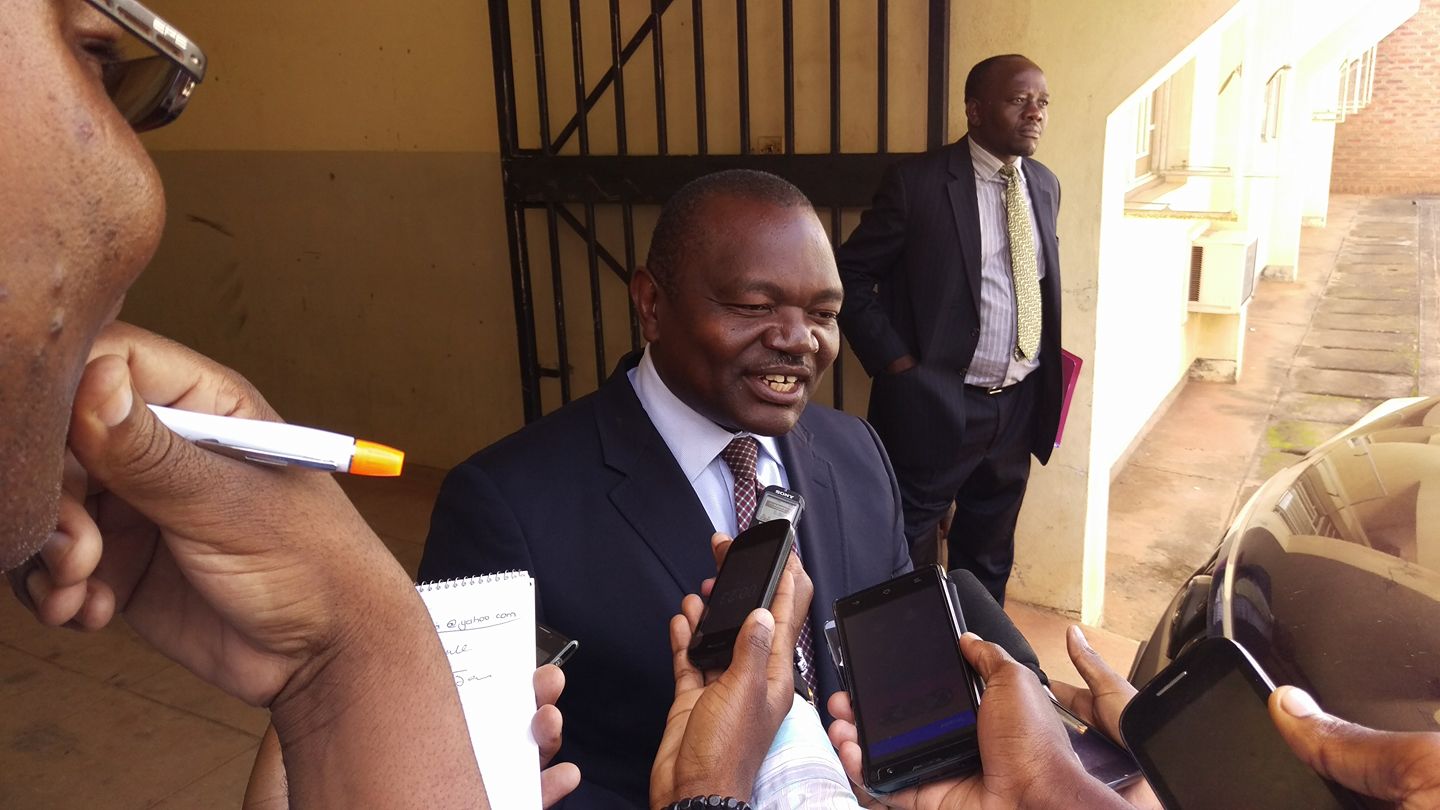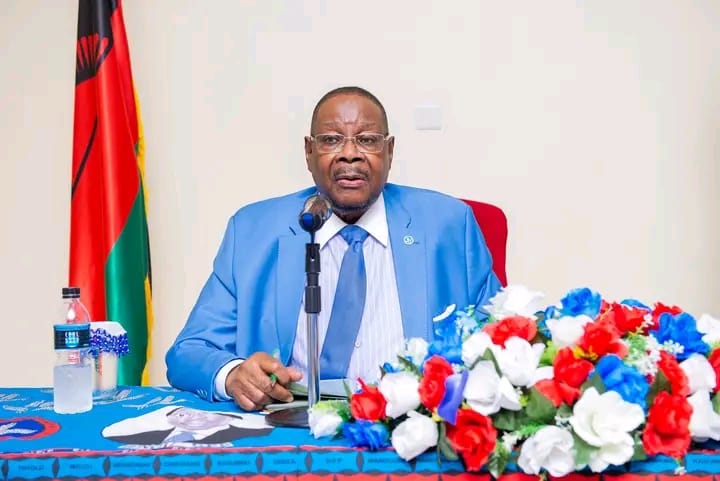Dr Joyce Banda is the first woman to become President of Malawi and the second female leader in Africa . In October 2014, she joined the Above the Parapet program in LSE’s Institute of Public Affairs as a Fellow. Africa at LSE spoke to her during her visit to LSE.
What motivated you to pursue a career in politics?
After 20 years of working in development and as a women’s and human rights activist, I was thinking of retiring at the age of 54. Then people in the community suggested that, rather than retiring, I should go to parliament where I could better represent them. For me, the motivation in taking up that opportunity was to be involved in influencing laws that have a big impact on women and children.
What was your first breakthrough and how did you achieve it?
Spending years working at the grassroots level in microfinance, orphan care and other things meant that by the time I decided to run for office, I had a big enough following to win easily. The main breakthrough was being appointed Minister of Women and Children. In essence, I knew then that I could achieve what had motivated me to go to parliament in the first place. Immediately, I started to prepare myself to take that role and one of the results was the Domestic Violence bill which we passed in 2006.
What has been the biggest obstacle in your path to the highest level of politics?
In Malawi, our founding fathers gave politics the Chichewa name “ndale”. It means tripping someone up so that they can fall. It is a negative term that has psychologically affected us negatively. The understanding of politics for any Malawian is that when you enter politics standing in each other’s way, pushing and letting rivals trip and fall. That is a wrong starting point. When you enter politics, you realise you are on a different playing field altogether.
I had been a human rights activist, I had run NGOs in Malawi as do many other people, and we formed networks and supported one another. I went from this supportive atmosphere to politics where insults were bandied about. And it is worse when you are a woman. You hear it so often that you actually get used to it. It is as if you accept that this is ok when in reality it is not. For me, this was the biggest obstacle particularly as it can slow you down.
I have since learned that this is not unique to Malawi, but that it happens all over the world. It is having a real impact because the numbers of women involved in politics is declining in many countries. In countries where there was 30% women’s representation in leaderships, it is now 25% or 20%. In Malawi, it is now 15%, in other countries now 10%. The only exception is in countries where there is affirmative action. It would be interesting to find out why women cannot get elected especially given that the majority of voters (52%) are women. My theory is that it is because women are not voting for other women. Another reason is that women are being put off politics because of the abuse that comes with it.
What are your views on affirmative action policies ?
I don’t like affirmative action because it is like eating raw meat. Even though the numbers are good, it is a shortcut, you haven’t been cooked or grilled.
Has being a woman has helped or hindered your path to the top?
Being a woman has made it tougher, but it has not stopped me. I still got there. You still make inroads and you make a lot of friends. Although it is tougher being a woman in politics, you need to be determined to stay the course.
What is the biggest lesson you learned during your presidency?
It works better when you are a servant leader, when you fall in love with your people and them with you. If you truly believe that you need to change the situation of your people, regardless of how rocky the road is, you’ll walk it for the people that you serve.
My advice to anyone wanting to get into politics is to first analyse themselves to see if they are a leader or not. If you are a leader and you want to serve your people and you can be a servant leader, then go for it.
How can women get around patriarchy, which is common in African countries, to make it in politics?
You have to learn it how to navigate your environment. Men feel nervous, so you have to find a way of massaging that ego. The best way is by engaging and involving men. Many people view me as having very successful working relationships with men. It is because throughout my career I have always been sober about my feminism. I have always said to women that gender equality will not be achieved through antagonising men. Rather you do so by empowering yourself. This is a lesson that I learned the hard way. I used to teach women that it was our time to fight and men reacted badly. They broke into my factory and stole everything.
Follow this link to watch Dr Joyce Banda’s public lecture at LSE.





